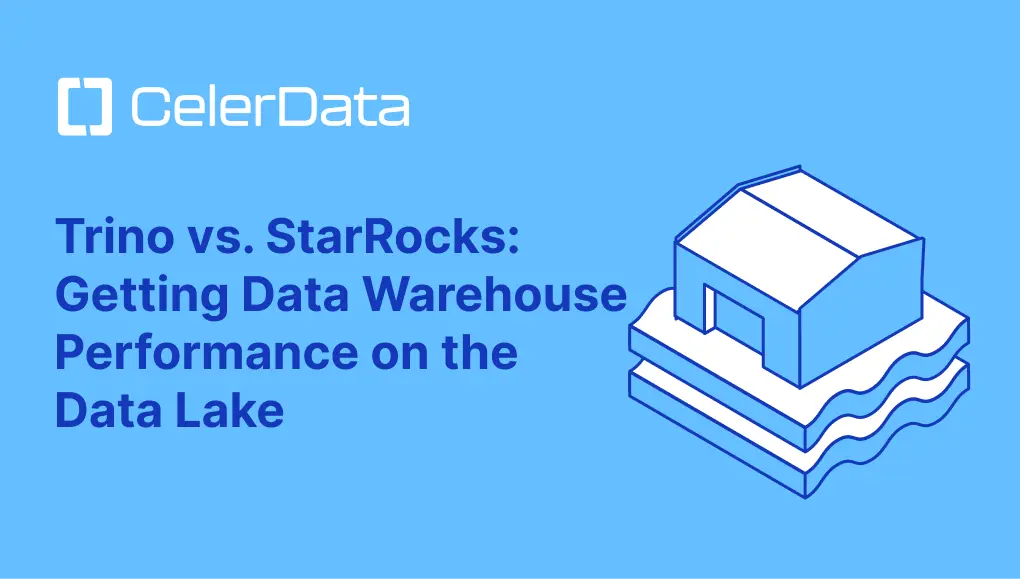
Data Governance vs Stewardship: Understanding Their Roles

Join StarRocks Community on Slack
Connect on SlackUnderstanding Data Governance
Definition and Scope
Data governance refers to the comprehensive framework that you use to manage your organization's data. It involves establishing data policies and procedures to ensure that data assets are accurate, secure, and compliant with regulations. You define the scope of data governance by setting boundaries on how data is collected, stored, and used. This framework helps you maintain data quality and integrity across all data assets. By implementing data governance, you create a structured approach to managing data, which is essential for making informed decisions.
Roles and Responsibilities
In data governance, you assign specific roles and responsibilities to ensure effective management of data. Data stewards play a crucial role in this process. They are responsible for maintaining data quality and ensuring compliance with established data policies. You also have governance committees that oversee data governance initiatives and set strategic directions. These committees work closely with data stewards to implement governance policies and monitor their effectiveness. By clearly defining roles and responsibilities, you ensure that everyone involved understands their part in maintaining data integrity.
Benefits of Data Governance
Implementing data governance offers numerous benefits for your organization. First, it enhances data quality by establishing standards and procedures for data management. This ensures that your data assets are reliable and accurate. Second, data governance improves compliance with regulations, reducing the risk of data breaches and legal issues. Third, it facilitates better decision-making by providing you with high-quality data that you can trust. Finally, data governance fosters a culture of accountability and responsibility, where data stewardship and data governance work hand in hand to achieve organizational goals. By embracing data governance, you unlock the full potential of your data assets and drive business success.
Understanding Data Stewardship
Definition and Scope
Data stewardship plays a vital role in managing your organization's data. It involves the active management and oversight of data assets to ensure their accuracy, consistency, and reliability. You focus on the practical aspects of data management, such as maintaining data quality and implementing data governance policies. The scope of data stewardship extends to all areas where data is used, ensuring that data remains a valuable asset for your organization. By embracing data stewardship, you create a culture of responsibility and accountability, where data stewards actively manage and protect data assets.
Roles and Responsibilities
In data stewardship, you assign specific roles to individuals known as data stewards. These stewards are responsible for maintaining data quality and ensuring compliance with data governance policies. They work closely with governance committees to implement data management practices and monitor their effectiveness. Data stewards play a crucial role in defining data elements and identifying data assets within their domains. By clearly defining these roles and responsibilities, you ensure that data is managed effectively and consistently across your organization.
Benefits of Data Stewardship
Implementing data stewardship offers several benefits for your organization. First, it enhances data quality by ensuring that data is accurate, consistent, and reliable. This leads to better decision-making and improved business outcomes. Second, data stewardship supports data governance by providing the practical execution of governance policies. This ensures compliance with regulations and reduces the risk of data breaches. Third, data stewardship fosters a culture of accountability, where data stewards actively manage and protect data assets. By embracing data stewardship, you unlock the full potential of your data assets and drive business success.
Comparing Data Governance and Data Stewardship
Similarities
Data governance and data stewardship share several similarities. Both aim to enhance data quality within your organization. They ensure that data remains accurate, consistent, and reliable. You will find that both involve setting roles and responsibilities. This ensures that everyone knows their part in managing data. Data stewards play a crucial role in both areas. They maintain data quality and enforce governance policies. By focusing on these similarities, you can create a cohesive data management strategy.
Differences
Despite their similarities, data governance and data stewardship have distinct differences. Data governance provides the framework for managing data. It involves setting policies and procedures for data use. You focus on the strategic aspects of data management. In contrast, data stewardship deals with the practical execution of these policies. It involves the day-to-day management of data assets. You ensure that data remains accurate and compliant with governance standards. Understanding these differences helps you allocate resources effectively.
Impact on Business Outcomes
The impact of data governance and data stewardship on business outcomes is significant. Effective governance ensures that data is managed according to established policies. This reduces the risk of data breaches and compliance issues. You benefit from improved decision-making based on high-quality data. Data stewardship enhances this by maintaining data accuracy and consistency. It supports governance efforts by ensuring that data remains a valuable asset. Together, governance and data stewardship drive business success. They enable you to leverage data for strategic advantage.
Conclusion
Understanding the roles of data governance and data stewardship is crucial for effective data management. Data governance provides the framework, setting policies and procedures for managing data. In contrast, data stewardship focuses on the practical execution of these policies, ensuring data accuracy and compliance. Both roles are essential in a data management strategy. Data stewards play a vital role in maintaining data quality and enforcing governance policies. By integrating data governance and data stewardship, you enhance data reliability and drive business success. This synergy enables you to leverage data for strategic advantage, ensuring your organization thrives in a data-driven world.

.webp)

